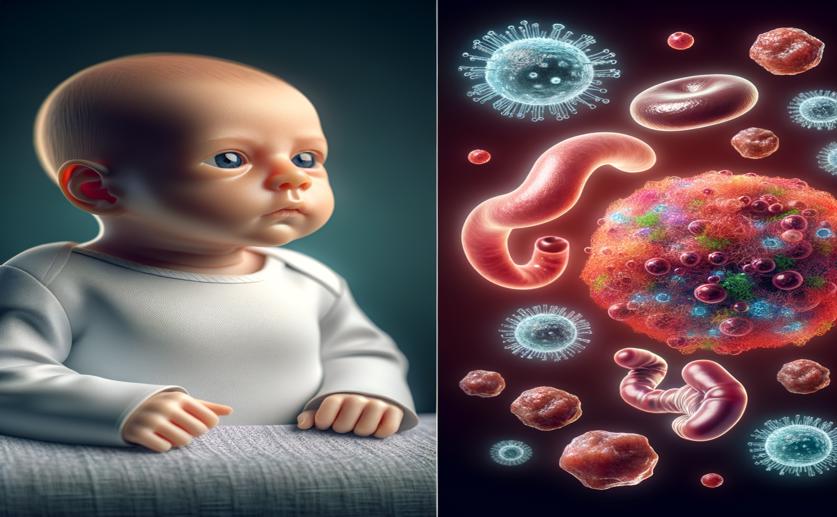
How Iron Nutrition Affects Gut and Immune Cell Development in Newborns
Greg Howard
12th August, 2024

Image Source: Natural Science News, 2024
Key Findings
- The study was conducted on neonatal pigs to understand the effects of different iron supplementation levels on growth and immunity
- Appropriate iron supplementation (200 mg FeDex) promoted healthy growth and development in neonatal pigs
- Excessive iron levels (800 mg and 1,600 mg FeDex) led to impaired intestinal immunity and disrupted gut microbiota balance
References
Main Study
1) The influence of iron nutrition on the development of intestine and immune cell divergency in neonatal pigs
Published 11th August, 2024
https://doi.org/10.1186/s40104-024-01068-7
Related Studies
2) Iron Metabolism and Immune Regulation.
3) Iron in immune cell function and host defense.
4) Differentiation of functional dendritic cells and macrophages from human peripheral blood monocyte precursors is dependent on expression of p21 (WAF1/CIP1) and requires iron.
Journal: British journal of haematology, Issue: Vol 117, Issue 3, Jun 2002



 13th July, 2024 | Jim Crocker
13th July, 2024 | Jim Crocker